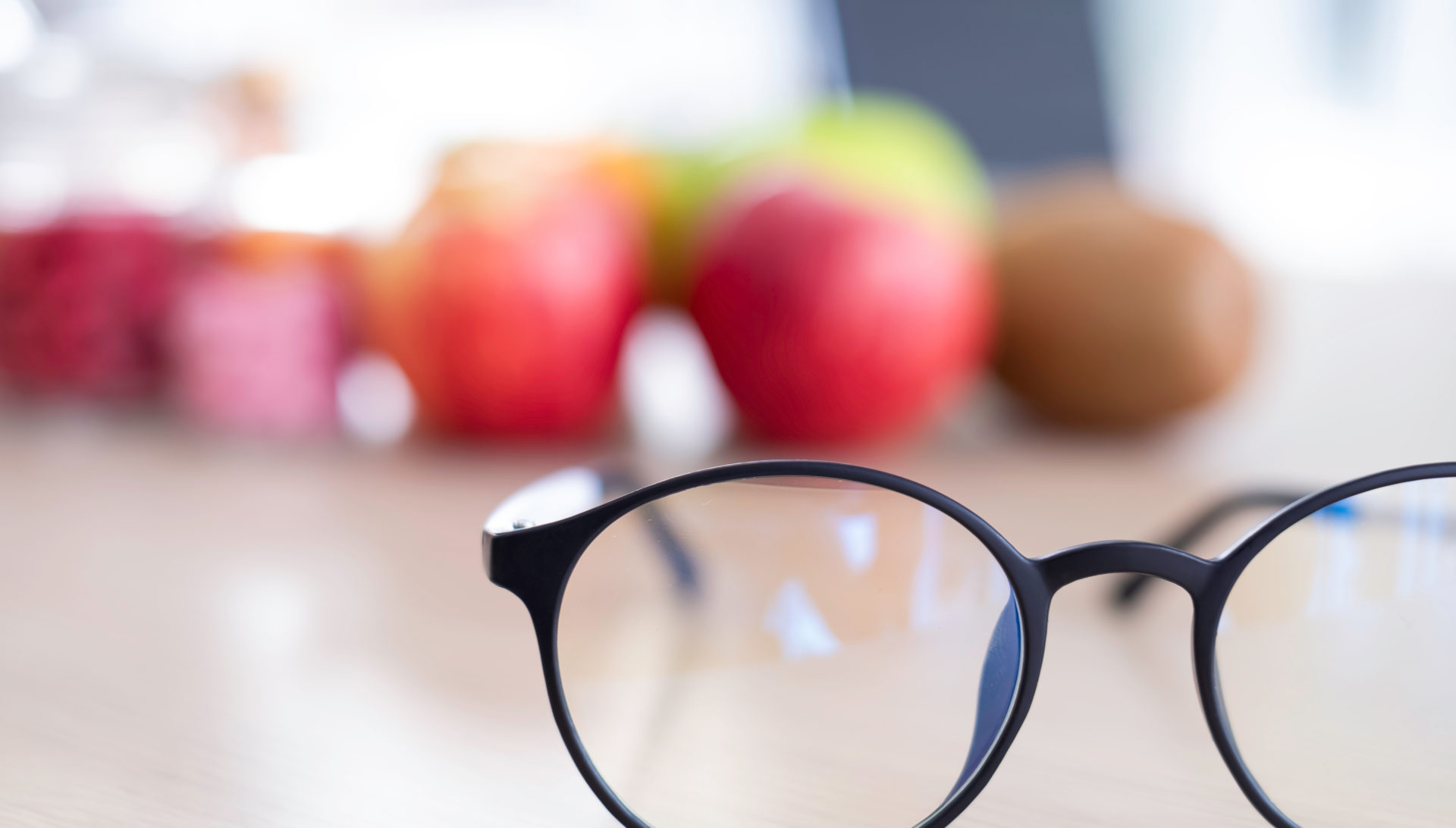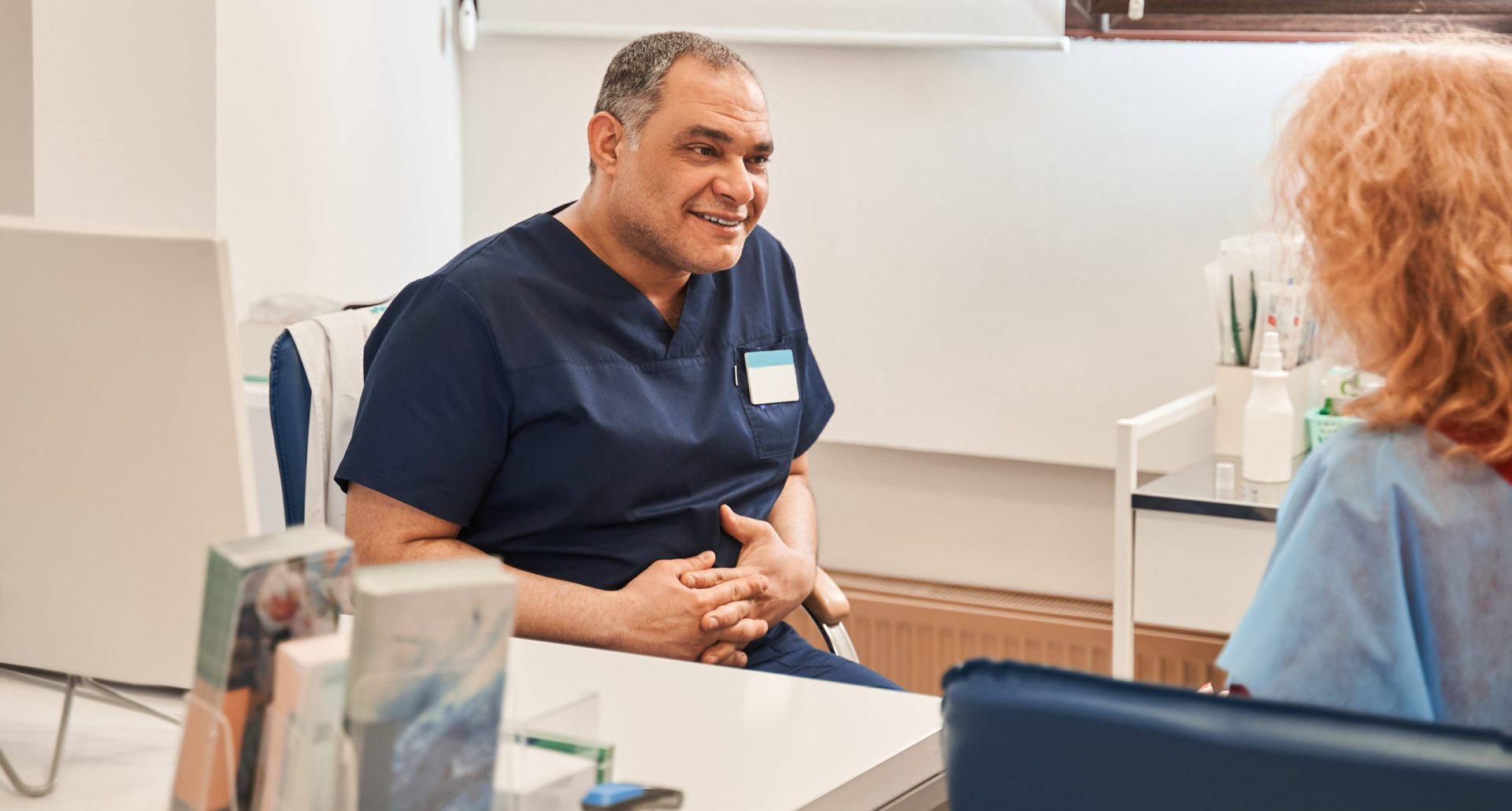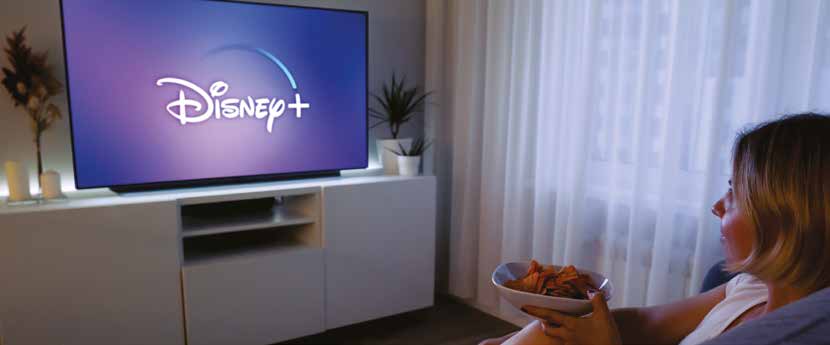Nutrition and eye health

Five things you need to know about nutrition and eye health
We spoke to registered dietitian Izzy to learn more about nutrition and eye health. Here are her five top tips for nutrition!
1. Variety is the spice of life
A varied, healthy diet is important for health. Benefits include a reduced risk of disease and a stronger immune system. Some starting points for eating healthily include:
- Drink plenty of fluid and eat a source of protein daily (e.g. meat, pulses, eggs)
- Reduce fat and sugar intake
- Get your five-a-day (five portions of fruit or veg daily)
2. Some nutrients can benefit eye health
Some antioxidants are beneficial for eye health. A recent study showed that people who took antioxidant supplements showed some improvements in common side effects of eye-related conditions, such as blood pressure inside the eye.
Unfortunately, while these findings cannot be generalised to all eye conditions, it is still good to include antioxidants in your diet. Antioxidants are great for general health as they prevent cell damage. Many foods contain antioxidants, some common examples include:
- Sweet potatoes
- Strawberries
- Nuts and seeds
- Eggs
- Fortified dairy products
3. But nutritional supplements are not magic!
While some nutrients help to maintain eye health, it’s best to exercise caution and not exceed recommended doses.
For most people, eating a healthy, varied diet is the best way to make sure you are getting the vitamins and minerals your body needs. For some groups of people, dietary supplements are necessary. If you think you might need a dietary supplement, talk to your GP.
4. Enjoy eating healthily
There is more to food than nutrients – it is part of your wellbeing and who you are. You can eat healthily while still finding food you enjoy. You may even find eating and cooking food a sensory experience.
5. Do your own research
There is a lot of advice out there, but it may not all be reliable. If you want more information on nutrition, you could look at the NHS Eat Well resources on the NHS website. You could also talk to your GP as it’s always good to check before dieting or changing exercise habits.
Let’s keep in touch!
Join our mailing list and we will keep you up to date about our projects and opportunities to get involved with Deafblind UK.
More Articles

Navigating communication challenges in healthcare
Going into the hospital for any amount of time can be a scary prospect, whether it’s a pre-planned appointment or…

Accessible TV and streaming services
Online streaming services have become increasingly popular in recent years, but just how accessible are they for people with sight…

The Magic of Mixmups
Mixmups is the brand new pre-school TV series, designed to introduce disability and diversity from an early age. The stop-motion…
